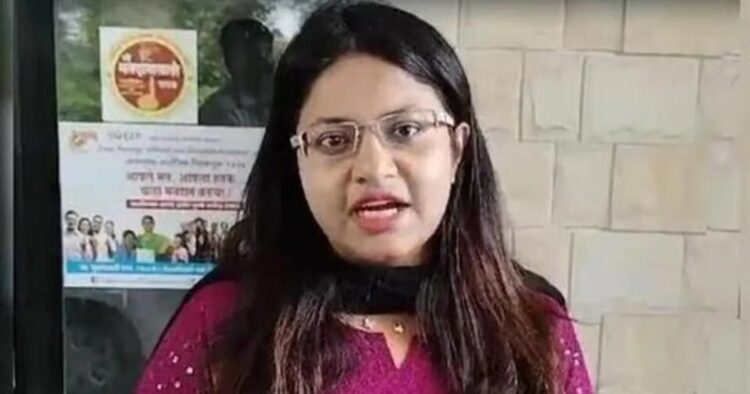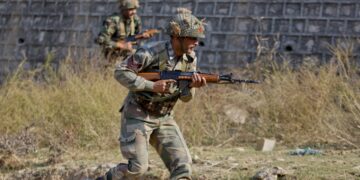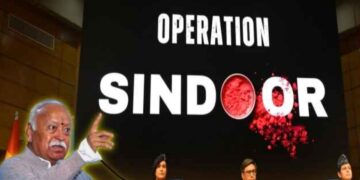Puja Khedkar, a probationary officer with the Indian Administrative Service (IAS), finds herself embroiled in controversy over the authenticity of her disability and OBC (Other Backward Class) status claims. These claims were pivotal in her appointment to the civil services. Khedkar has vehemently defended herself amidst a growing media storm, criticizing what she terms as an unfair “media trial.”
Speaking on Monday, Khedkar emphasized the presumption of innocence until proven guilty, a cornerstone of the Indian Constitution. She expressed readiness to address all allegations before an expert committee appointed by the central government. This committee, led by a senior officer, aims to deliver its findings within two weeks.
The controversy deepened with revelations that Khedkar allegedly submitted a fitness certificate during her admission to a medical college in 2007 that made no mention of any physical or mental disability. This contrasts sharply with later claims she made regarding her health status.
In addition, documents submitted by Khedkar indicate her classification under the NT (Nomadic Tribes) category and Vanjari community, supported by caste and non-creamy layer certificates.
ALSO READ: “Pune Police Search for Puja Khedkar’s Family Amidst Farmers’ Threat Incident”
Further complicating matters, Khedkar stands accused of removing a senior official’s nameplate at the Pune collector’s office, where she was allowed temporary use of office space. These actions have sparked significant scrutiny and public debate.
In April 2022, concerns over her disability certificate prompted authorities to request her appearance at the All India Institute of Medical Sciences (AIIMS), Delhi, for verification. Khedkar cited a COVID-19 infection as grounds for non-compliance with this request.
The unfolding situation underscores broader issues of transparency and integrity within India’s civil services recruitment process. As the committee prepares to examine Khedkar’s case, the outcome holds significant implications for both her career and the credibility of the civil services examination system.

















Comments